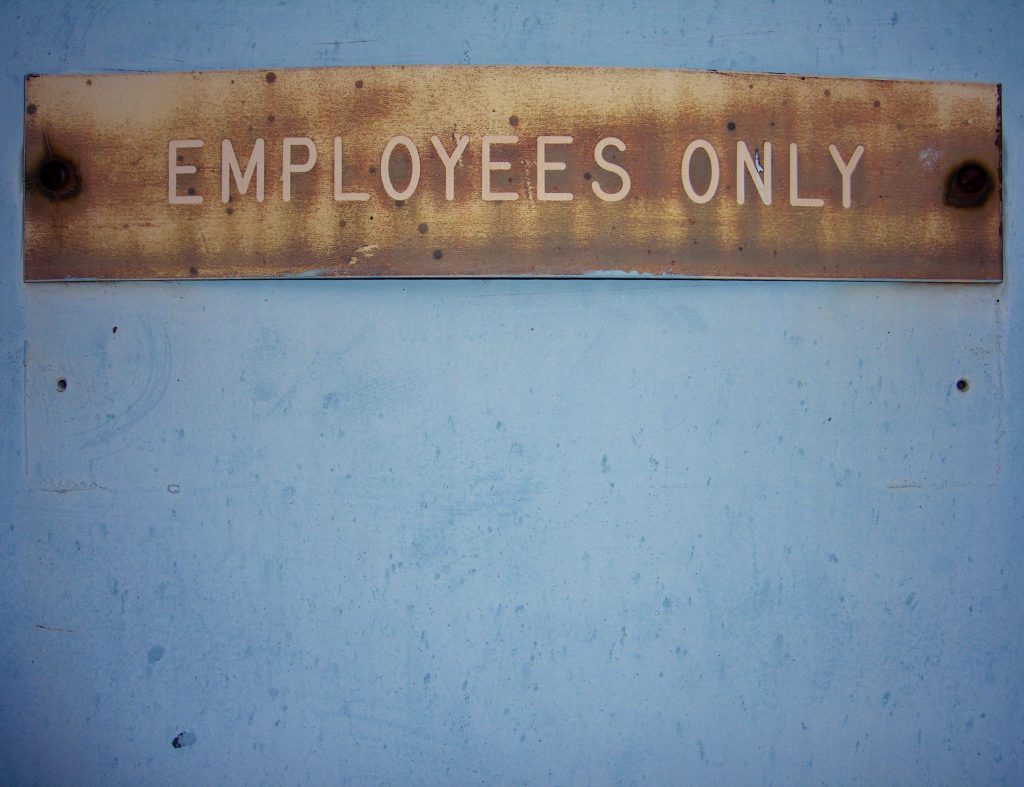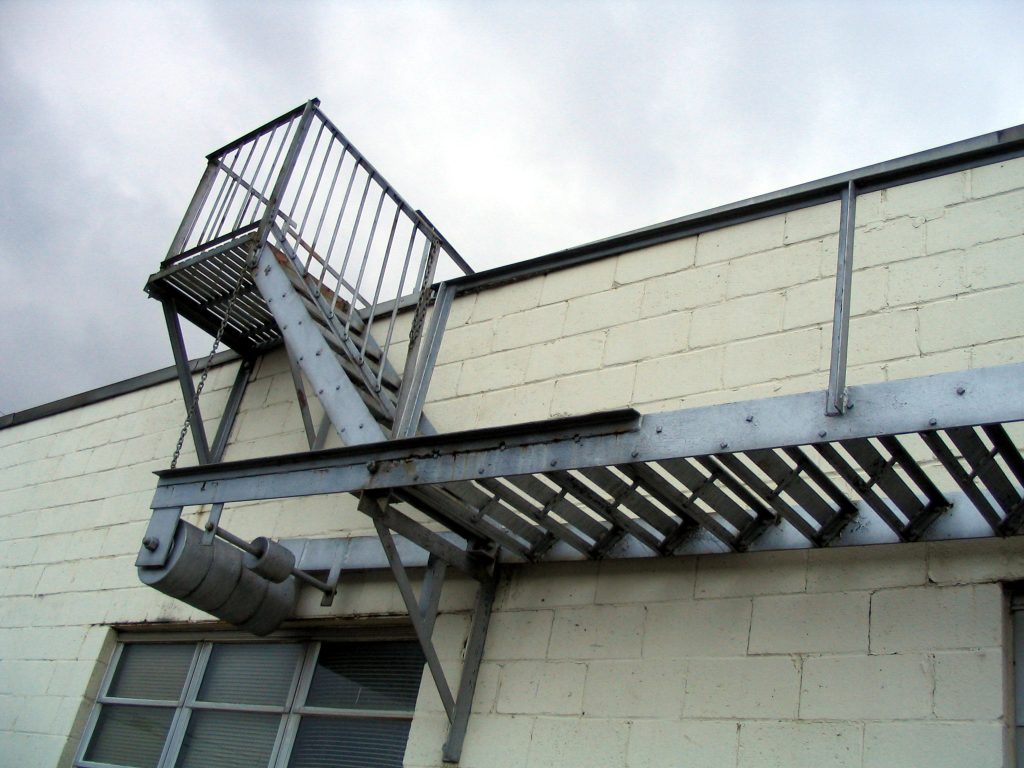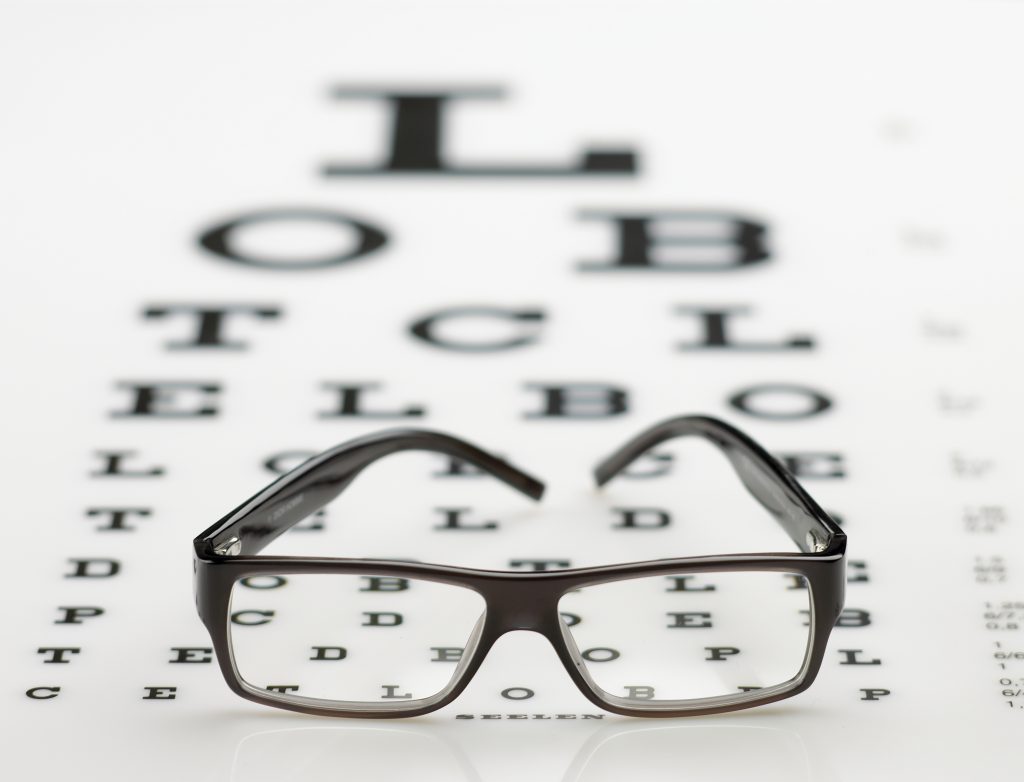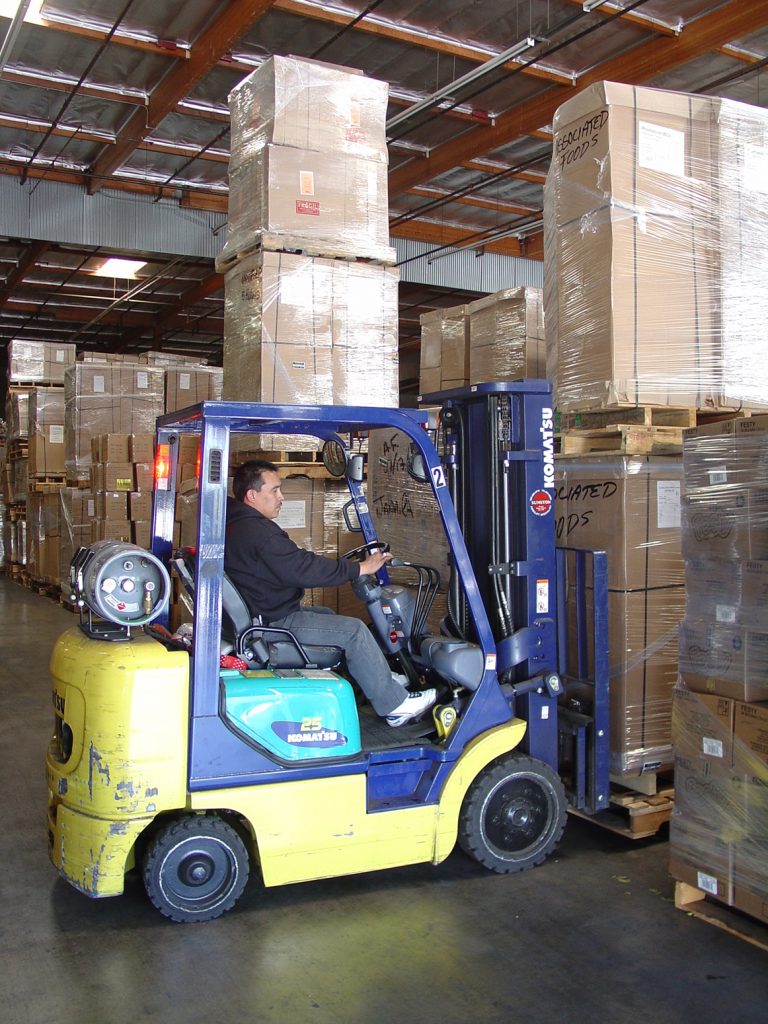 If you have been injured in an automobile accident, you deserve to be properly compensated for your injuries. Sometimes, unfortunately, the person who caused the injury may not be able to adequately compensate you. This does not mean you are out of luck. If the person responsible for your injury caused it while working as an employee, the employer may be liable as well. That is why is its extremely important to hire a good lawyer who will apprise you of all avenues of recovery under the law. In a recent case, the Louisiana Second Circuit Court of Appeal discusses an employer’s liability for an employee’s accident.
If you have been injured in an automobile accident, you deserve to be properly compensated for your injuries. Sometimes, unfortunately, the person who caused the injury may not be able to adequately compensate you. This does not mean you are out of luck. If the person responsible for your injury caused it while working as an employee, the employer may be liable as well. That is why is its extremely important to hire a good lawyer who will apprise you of all avenues of recovery under the law. In a recent case, the Louisiana Second Circuit Court of Appeal discusses an employer’s liability for an employee’s accident.
In 2011, Guindolyn Hooper was involved in a four car accident in Shreveport, Louisiana. The crash was caused by a driver who was texting at the time of the accident. The driver of the car that caused the accident, Wayne Austin, just left the site of his employment and was allegedly texting his boss about job-related strategy when he crashed into Mrs. Hopper from behind. For this reason, Mrs. Hooper and her husband added Venator, Austin’s employer as a defendant, seeking to hold them vicariously responsible for Mrs. Hooper’s injuries.
Vernator sought to have the case dismissed and moved for summary judgment. Summary judgment seeks to have the case dismissed when there is no issue of material fact. Here, the Trial Court granted summary judgment in favor of Venator, finding that even if Austin was an employee of Venator, he was not in the course and scope of his employment when he caused the accident. Mrs. Hooper appealed. The Court of Appeal reversed the Trial Court, finding that there were genuine issues of material fact as to whether Austin was a Venator employee and whether he was acting in the course and scope of his employment at the time of the accident.
 Louisiana Personal Injury Lawyer Blog
Louisiana Personal Injury Lawyer Blog


 It is, mildly stated, disappointing for a plaintiff when a court dismisses his or her case based on a technicality, particularly when the lawsuit is about medical malpractice. Unfortunately, even when a plaintiff has a good case, with all the necessary evidence to show that the defendant was wrong, the plaintiff can still lose the case if he or she does not diligently take the necessary steps to move the case forward. In Louisiana courts, the Code of Civil Procedure ensures a fair process for all parties. All civil cases must follow these rules as part of the process. Malpractice cases are no exception. In a recent case of the Louisiana Second Circuit Court of Appeal, the plaintiffs learned this the hard way.
It is, mildly stated, disappointing for a plaintiff when a court dismisses his or her case based on a technicality, particularly when the lawsuit is about medical malpractice. Unfortunately, even when a plaintiff has a good case, with all the necessary evidence to show that the defendant was wrong, the plaintiff can still lose the case if he or she does not diligently take the necessary steps to move the case forward. In Louisiana courts, the Code of Civil Procedure ensures a fair process for all parties. All civil cases must follow these rules as part of the process. Malpractice cases are no exception. In a recent case of the Louisiana Second Circuit Court of Appeal, the plaintiffs learned this the hard way.  Many workers in Louisiana are exposed to dangers on the job. An injury that occurs during the scope of employment often leads to more problems than just the physical turmoil following the injury. An employee might be denied payment for medical expenses, may face mental and emotional anguish, or could be rendered permanently unable to work. In order to have
Many workers in Louisiana are exposed to dangers on the job. An injury that occurs during the scope of employment often leads to more problems than just the physical turmoil following the injury. An employee might be denied payment for medical expenses, may face mental and emotional anguish, or could be rendered permanently unable to work. In order to have  Non-Compete agreements can restrict a person’s ability to start and maintain a business. Anyone who plans to work in Louisiana should be very clear what they can and cannot do as a part of a non-compete agreement.
Non-Compete agreements can restrict a person’s ability to start and maintain a business. Anyone who plans to work in Louisiana should be very clear what they can and cannot do as a part of a non-compete agreement.  Car accidents happen all the time in Louisiana, but not all accidents cause injuries. Unfortunately, that wasn’t the case in Tangipahoa Parish, Louisiana, when Joseph Lohenis found himself rear-ended on Highway 1249 by a vehicle owned by Tammy Rousse. Lohenis’ son was driving the car and Lohenis’ wife was in the passenger seat. Lohenis himself was sitting in the back seat of the car, wearing a lap seat belt. The rear-end collision caused Lohenis’ body to move forward and hit the console, and then move backward, where the back of his head and neck hit the truck’s back glass window.
Car accidents happen all the time in Louisiana, but not all accidents cause injuries. Unfortunately, that wasn’t the case in Tangipahoa Parish, Louisiana, when Joseph Lohenis found himself rear-ended on Highway 1249 by a vehicle owned by Tammy Rousse. Lohenis’ son was driving the car and Lohenis’ wife was in the passenger seat. Lohenis himself was sitting in the back seat of the car, wearing a lap seat belt. The rear-end collision caused Lohenis’ body to move forward and hit the console, and then move backward, where the back of his head and neck hit the truck’s back glass window. In Louisiana, the law presumes a driver negligent when he or she leaves a travel lane and strikes another vehicle. This presumption stems from the legal obligation all motorists have to maintain control of their vehicle. In personal injury cases, this presumption overrides the normal burden of proof which lies on the plaintiff. In order to defeat the presumption of negligence, the defendant must show that he or she was not guilty of any negligence, however slight. A recent case of the Louisiana First Circuit Court of Appeal considered the presumption of negligence in automobile accident cases.
In Louisiana, the law presumes a driver negligent when he or she leaves a travel lane and strikes another vehicle. This presumption stems from the legal obligation all motorists have to maintain control of their vehicle. In personal injury cases, this presumption overrides the normal burden of proof which lies on the plaintiff. In order to defeat the presumption of negligence, the defendant must show that he or she was not guilty of any negligence, however slight. A recent case of the Louisiana First Circuit Court of Appeal considered the presumption of negligence in automobile accident cases. If your employer is knowingly putting you in harm’s way and you suffer an injury, you may have an intentional tort claim against your employer. In Louisiana, remedies against an employer for on-the-job injuries are limited to cases of intentional acts, rather than negligence. In a recent case the Louisiana First Circuit Court of Appeal discussed what is required to succeed on a tort claim against an employer.
If your employer is knowingly putting you in harm’s way and you suffer an injury, you may have an intentional tort claim against your employer. In Louisiana, remedies against an employer for on-the-job injuries are limited to cases of intentional acts, rather than negligence. In a recent case the Louisiana First Circuit Court of Appeal discussed what is required to succeed on a tort claim against an employer. When an employee is injured on the job, he or she may be entitled to workers’ compensation benefits. However, if an employer can show that the employee intentionally lied to receive extra reimbursement for a workers’ compensation claim, the employer will not have to pay any benefits that it would otherwise owe to that employee. A recent case out of Hammond, Louisiana, discusses the standard used in determining whether an employee intentionally committed fraud when filing for mileage reimbursements.
When an employee is injured on the job, he or she may be entitled to workers’ compensation benefits. However, if an employer can show that the employee intentionally lied to receive extra reimbursement for a workers’ compensation claim, the employer will not have to pay any benefits that it would otherwise owe to that employee. A recent case out of Hammond, Louisiana, discusses the standard used in determining whether an employee intentionally committed fraud when filing for mileage reimbursements. There are rules involved in the evidence that a court can allow into a case, even when the case revolves around something as small as a bed bug. If a party believes that the rules have been violated, they can appeal the case and have a higher court review the evidence to make sure nothing inappropriate had an effect on the case.
There are rules involved in the evidence that a court can allow into a case, even when the case revolves around something as small as a bed bug. If a party believes that the rules have been violated, they can appeal the case and have a higher court review the evidence to make sure nothing inappropriate had an effect on the case.  Being on time is important. In legal matters, being on time is absolutely crucial to the workings of the court and the survival of the case. There are rules that determine the timeframes and time limits involved in a legal battle and it is always best to follow them to the letter.
Being on time is important. In legal matters, being on time is absolutely crucial to the workings of the court and the survival of the case. There are rules that determine the timeframes and time limits involved in a legal battle and it is always best to follow them to the letter.